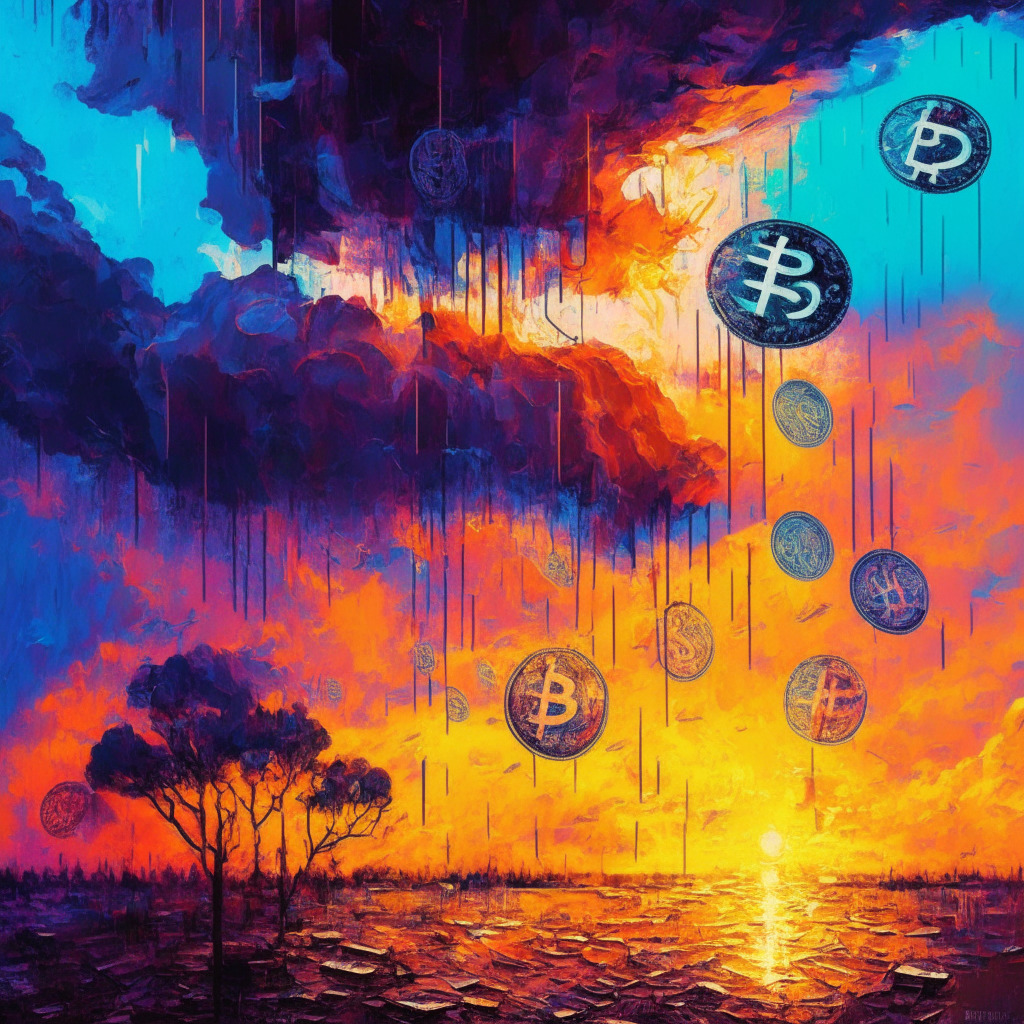The ongoing legal battle between the U.S. Securities and Exchange Commission (SEC) and Ripple has notably affected the price growth of XRP. While recent progress in the lawsuit has led to a modest price increase over the last 90 days, experts believe that the token’s fair market valuation remains significantly lower than it should be.
A research study conducted by Jimmy Vallee and Molly Elmore of Valhil Capital examined the fair market value of XRP after enduring a two-year-long U.S. SEC lawsuit. The resulting report estimated that XRP’s fair value ranges anywhere between $3.5K and $22K, a stark contrast to its current trading value. To assess the impact of the lawsuit on XRP’s price, Vallee and Elmore invited a group of individuals skilled in quantitative and financial evaluations to form a confidential committee tasked with building six different valuation models.
The comprehensive study incorporated several influential models such as the 99-Year Golden Eagle Model, Discounted Cash Flow Model, Pipeline Flow Model, Athey and Mitchnick Model, Collateralization Model, and Quantum Liquidity Model. Variables considered in the research included global transaction volume, discount rate, daily transaction value, token circulation, projected economic growth, and more. Ultimately, the six different models revealed a median fair market value for XRP at approximately $12,822, with a mean value of $61,231 per XRP.
Despite this, XRP currently trades at a mere average price of $0.52. Over the past 90 days, however, the price of XRP has surged by an impressive 42%, outperforming leading cryptocurrencies Bitcoin and Ethereum among the top 10 digital assets.
While the lawsuit’s outcome may potentially impact XRP’s future value, it is crucial to recognize the author’s personal opinions and varying market conditions that could influence the token’s price. Conducting thorough market research before investing in any cryptocurrencies remains essential, as neither the author nor the original publication holds responsibility for any personal financial losses.
Source: Coingape




